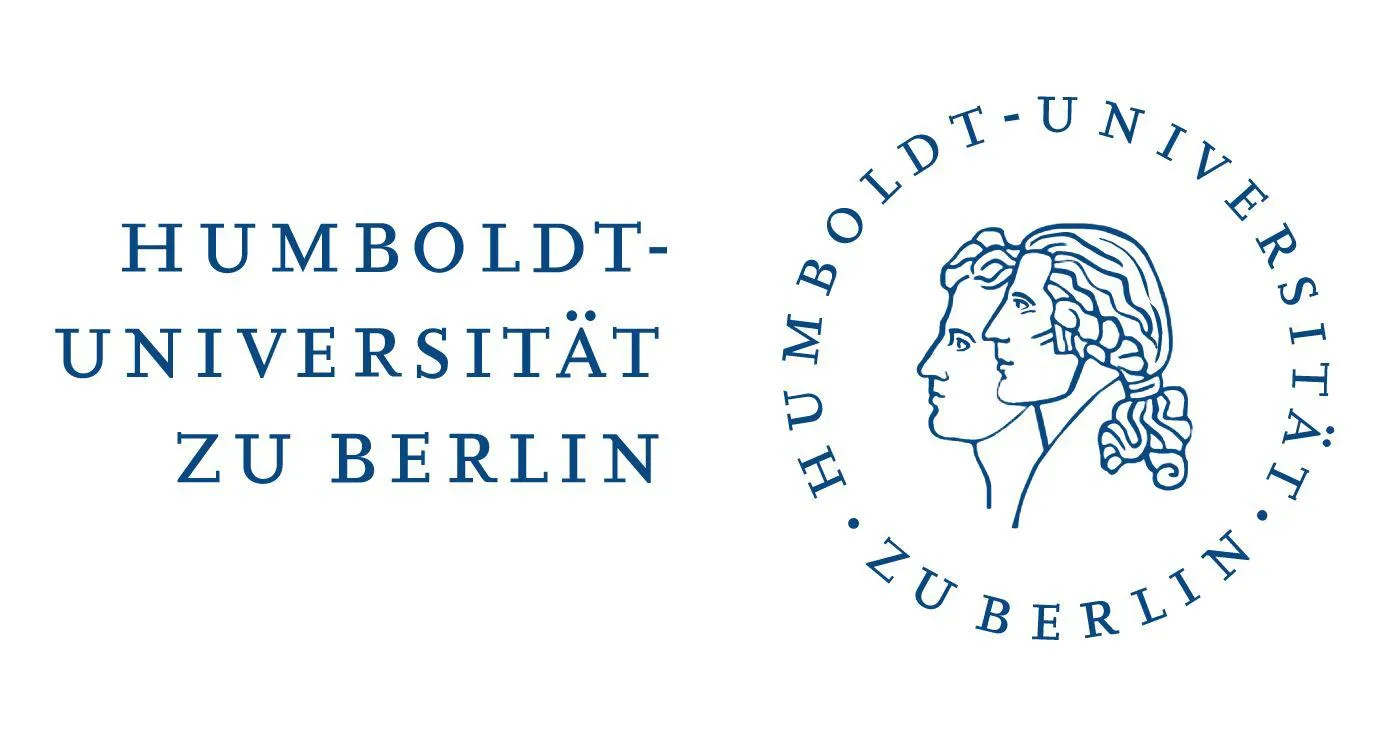Strand Campus
Strand Campus feels like the heart of London—historic yet buzzing with energy. Nestled by the Thames, it offers world-class academics, vibrant student life, and endless inspiration from the city’s culture and diversity.

Our dual degree English Law & German Law programme provides a challenging bi-juridical and bilingual education that is respected and valued by a wide range of employers.
Our course is equally suitable as a platform for students who want to practice in England and Wales but wish to obtain an in-depth knowledge of German law or those who intend to practice in Germany, or both.
Please note: International students who indicate a preference for the LLM pathway are normally eligible for a UK Student visa for all four years of study. They are also eligible for the UK Graduate visa (subject to UK immigration rule changes). International students who indicate a preference for the First State Exam pathway are normally eligible for a UK Student visa for the first two years of study only, i.e. for the UK-based study period only. First State Exam pathway students are not eligible for the UK Graduate visa. International students are reminded that it is their responsibility to ensure that their study programme meets their visa requirements both during and after the programme.

The English Law and German Law LLB is a truly unique programme.

Our LLB English Law & German Law course offers you two different pathways. You will spend the first two years of study at King’s College London. During the first year, you must choose either ‘The First State Exam’ or the LLM pathway for the continuance of your studies. Please note that eligibility for the First State Exam pathway is determined by whether a student’s school leaving certificate is equivalent to the German Hochschulzulassungsberechtigung. Humboldt University checks this at the point of application to King’s.
Students who want to go on to take the Second State Exam and practise law in Germany will be interested in pursuing the First State Exam pathway. The LLM will be an attractive option for students who want to practise in England and Wales but wish to obtain an in-depth knowledge of German law.
The ‘First State Exam’ pathway
Students who opt for the ’First State Exam’ pathway will spend the first two years at King’s College London where they will study modules in English and German Law, including German Public Law, German Civil Law and German Criminal Law.
They will spend the third and fourth years abroad at Humboldt University of Berlin where they will complete the requirements to be eligible to sit the First State Exam. Humboldt will recognise the German Law modules taken at King’s as being the equivalent of some of the modules of the Grundstudium (Basic Studies). At Humboldt they will then complete the Grundstudium and Hauptstudium (Main Studies). They also complete Zusatzqualifikationen (Additional Qualifications), with the King’s module Law of Trusts being recognised for the purpose of the Fachorientierte Fremdsprachenkenntnisse.
The highest marks from the Grundstudium and Hauptstudium modules completed at Humboldt University will also contribute 120 King’s credits towards the LLB English Law and German Law. To be awarded a law degree by King’s College London students must pass the module Public Law III (European Law) at Humboldt University.
Subsequently, to maximise their chances of passing the First State Examination, students can take part in Repetitorium (revision) classes in Berlin. Humboldt University will recognise the remaining English Law modules taken at King’s for the purposes of Schwerpunkt 8 - Ausländisches Recht (Specialisation 8 - Foreign Law), which counts for 30% of the First State Exam.
The LLM pathway
Students who choose to pursue the LLM pathway will spend the first two years at King’s College London where they will study modules in English Law and German Law, including German Public Law and German Civil Law. They do not have to study German Criminal Law.
They will spend their third year at Humboldt University taking modules from the LLM Europäisches Recht und Rechtsvergleich (European and Comparative law) with a focus on German Law and Legal Practice. Introductory, Public Law, Civil Law and interdisciplinary modules are taken. In order to gain an insight into the day-to-day practice of different legal professions, students are required (before or during their year at Humboldt) to complete an internship element with law firms or other public or private organisations. Optionally this can be replaced by completing an additional taught module. Finally, students will have to submit a master’s thesis.
To be awarded the LLB English Law and German Law, students must pass their studies at Humboldt (including the module Public Law III), though the degree classification is based purely on the three years of marks received while at King’s.
In their fourth year, students will return to King’s College London where they will choose 90 credits from the general list of optional law modules. In addition, they will have to study Jurisprudence and Legal Theory.
The course is compatible with the European Lawyer Programme.
Course type:
Single honours at King's plus other award at partner institution
Delivery mode:
In person
Study mode:
Full time
Required A-Levels:
A*AA
Duration:
Four years
Application status:
Open
Start date:
September 2026
Application deadline:
06 December 2025

Humboldt Universität
This course is primarily taught at the King’s College London Strand and Waterloo Campuses. Year 3 (and 4 if completing the First State Exam pathway) will be taught at Humboldt University.
Strand Campus feels like the heart of London—historic yet buzzing with energy. Nestled by the Thames, it offers world-class academics, vibrant student life, and endless inspiration from the city’s culture and diversity.
Our Waterloo campus is home to the Florence Nightingale Faculty Nursing & Midwifery, and a vibrant hub for health, social science, and law students. Located moments from the iconic landmarks of South Bank and just a short walk to the Stand campus.